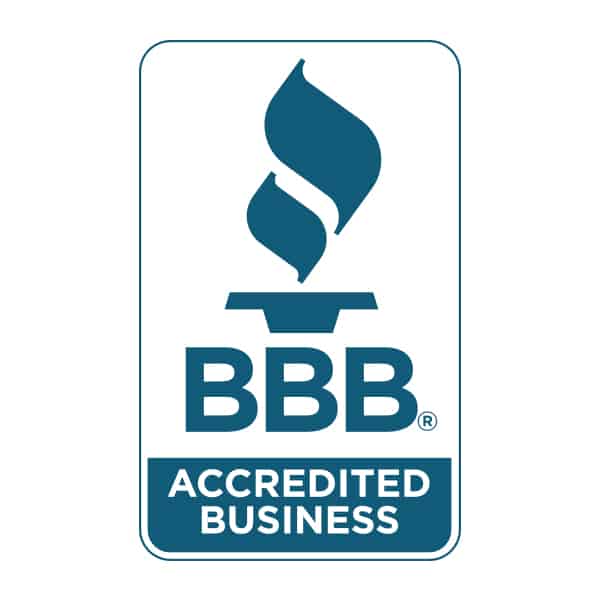In a recent post, I discussed how building owners can end up paying more for a flat roof if they focus only on price and ignore other important factors like the expected life of the roof. When considering different materials from different product lines and manufacturers, you should look at the purchasing decision in terms of life-cycle cost.
But, what if your time horizon is short? If you’re selling the building next year, talk of a 25, 50 or even 100-year-old roof is irrelevant. Should you replace your roof if you’re planning to sell the building in the near future?
Here’s My Advice: Keep Control
First, it’s easier to sell a building with a new roof and a No Dollar Limit (NDL) roof warranty. Your building will always look better if the roof has a 20-year warranty than your neighbor’s which needs a roof replacement.
Second, if you get the roof replaced yourself, you get to control the cost. If you put the roof on the buyer, he will specify a “Cadillac” roof, when all it needs is a “Chevrolet”.
The buyer may solicit the advice of a roofing consultant, who will examine the condition of the roof and provide budget pricing for a replacement. The buyer may then use that budget against the owner in price negotiations.
I have had owners share these reports with me. The reports are generally very professional and thorough, but the budget pricing is usually quite high. In one example, a customer had a four-story medical building. To do a tear-off and replacement was going to be a little more costly than normal as access around the building was limited. From my perspective, the job should have been estimated in the high teens at around $18 per square foot. The consultant in this case recommended a budget of $25 per square foot. The roof size was 30,000 square feet – a price difference of $210,000. That’s not insignificant!
Isn’t it better to just take that issue off the table altogether?
Stick With Well-Known Manufacturers
My last piece of advice is to use a low-cost membrane from a known manufacturer vs. a low-cost membrane from an unknown manufacturer.
There are a lot of boutique companies that make single-ply membranes. They vary in price and quality. I’ve seen a lot of them fail prematurely. If you’re trying to sell your building, having a “Chevrolet” on the roof vs. a “Yugo” helps get you a better price for the building.
Major manufacturers generally allow a transfer of the warranty. Boutique manufacturers generally exclude transfer because they want to get out from under a bad product, which is the whole point of this exercise.
Pay now or pay later
As I tell owners, You will pay for the roof one way or the other. Isn’t it better for you to control the cost than to put a prospective buyer in the driver’s seat?











Add your first comment to this post